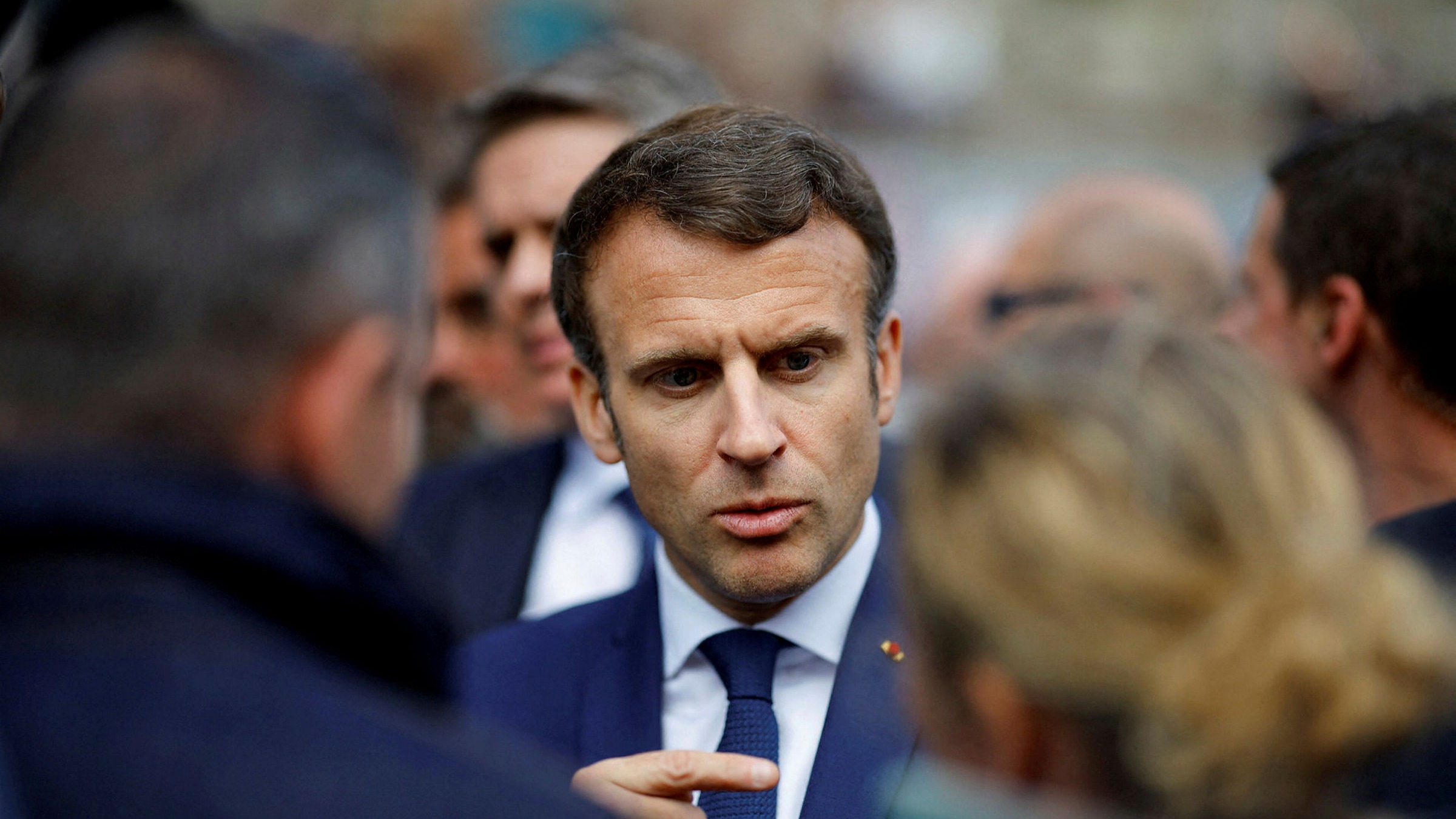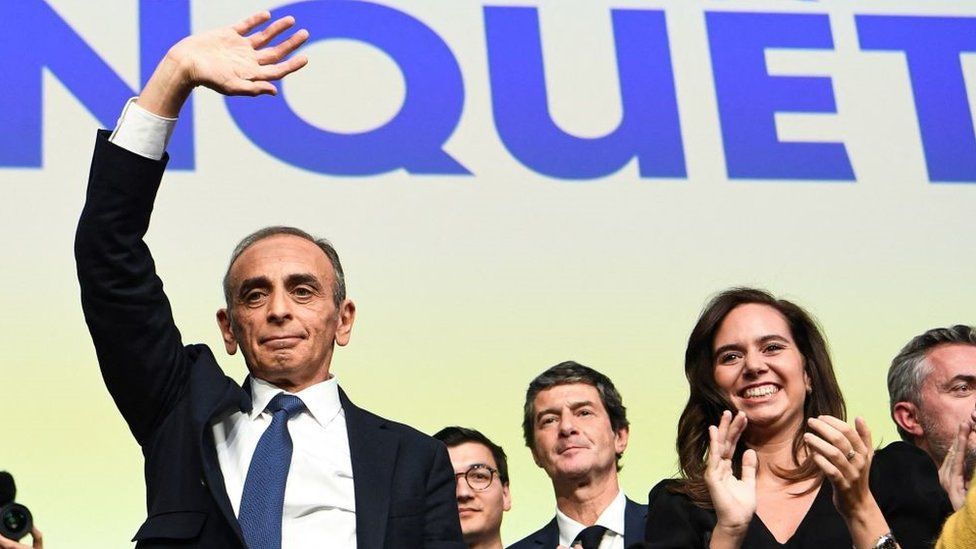Published
3 years agoon
By
Joe Pee
It is to be a re-run of the 2017 second round, where Emmanuel Macron pulverised Marine Le Pen. But this time around, let no-one be under any illusion that it will be so easy.
Estimations from round one show how tactical voting rewrote the electoral map.
Voters gathered into three broad camps: Macron, the far-right and the far-left. In the last days of campaigning, many people who were considering other candidates finally decided that they would rather back a frontrunner.
There was thus a big transfer of votes from Éric Zemmour – the hard-right nationalist pundit – to the camp of Marine Le Pen. Some right-wingers in the conservative Republicans party may have done the same.
On the left, voters decided that neither the Socialist Anne Hidalgo nor the Green Yannick Jadot could ever make it into round two. So they shifted massively to Jean-Luc Mélenchon, simply to keep a leftist in the race. This despite many Socialists and Greens actively disliking the man.
And in the centre, many who would normally have chosen the Republicans’ Valérie Pécresse will have plumped instead for the incumbent. Why? Because they were genuinely afraid that Le Pen and/or Mélenchon were coming up too strong from behind.
 IMAGE SOURCE,GETTY IMAGES
IMAGE SOURCE,GETTY IMAGESRemember in France’s weird system, it’s only the top two who go through, and a small margin can make a vast difference. The prospect of a Le Pen-Mélenchon second round was not totally far-fetched.
The result means two things.
One is the utter devastation facing France’s two traditional parties of government since 1958 – the conservative right, and the socialist left. This was a process started by Macron five years ago, but now comprehensively complete.
Both parties’ candidates – and certainly the Socialists’ Anne Hidalgo – may have failed to reach the 5% threshold, which allows them to claim back election costs. The price tag will be millions of euros, but worse is the ignominy. We can expect serious internal ructions.
Macron has so engineered it that the divide in French politics is now definitively the one that he sought: between his own “realistic centrism” and “openness to the world” and the “extremism” of his opponents. The “nationalist extremism” of Le Pen and the “utopian extremism” of Mélenchon.
 IMAGE SOURCE,GETTY IMAGES
IMAGE SOURCE,GETTY IMAGESThis divide has served him very well so far. It allows him to aggregate the so-called “responsible” forces of left and right, gutting the mainstream opposition and leaving him master of the terrain.
But the second lesson of this first round vote must bring him cause for concern.
This is that the so-called “irresponsible” forces of the extremes – his opposition – are all the time getting stronger.
As veteran political commentator Alain Duhamel put it on Sunday night: “the anti-system parties now have the loyalty of a majority of the French.”
 IMAGE SOURCE,AFP VIA GETTY IMAGES
IMAGE SOURCE,AFP VIA GETTY IMAGESIf you add Marine Le Pen’s vote to that of Éric Zemmour and a third “sovereigntist” candidate Nicolas Dupont-Aignan, the far-right makes up 33% of the vote – seven points more than in 2017.
And then if you add the far-left – Mélenchon and the two Trotskyites – you have easily in excess of 50%.
Many of these people will end up voting for Macron in round two, for the same reason they did so in 2017 – because for them seeing the far-right in power is unconscionable. But there will be others who abstain, or vote blank, or vote Le Pen.
The truth is that the anti-Le Pen vote and the anti-Macron vote are converging; the first going down and the second going up.
Which is why this time, round two is not going to be the same walkover.

























